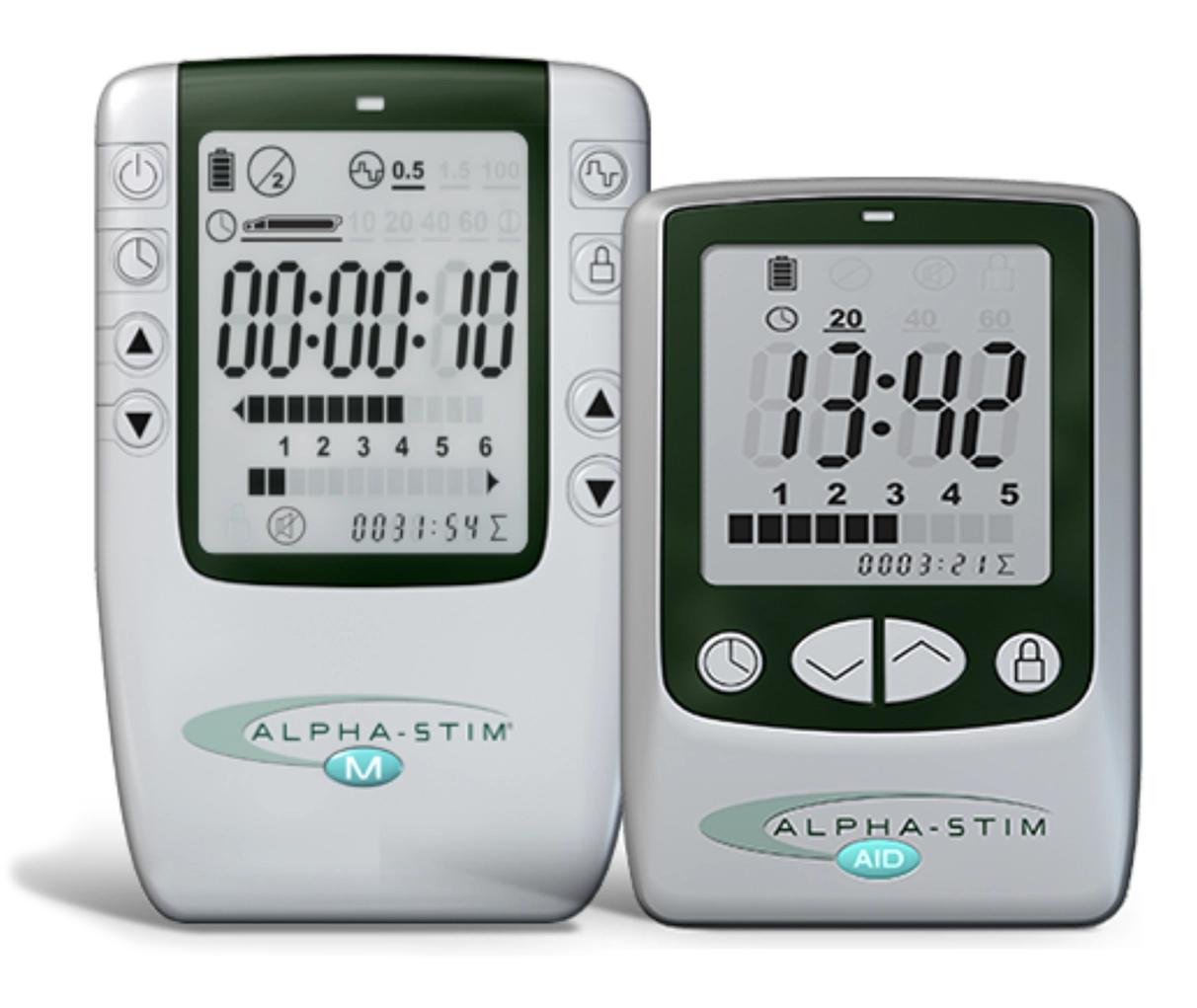Across America, perhaps no one single group of people sacrifice more for their country than the armed service members – both active duty and retired veterans who at some point in their lives were willing to give up everything to protect and defend their nation.
At the same time, the suicide rate among American veterans has increased by 25% in the last decade, making them more in danger of mental health disorders than the population at large. With over 23 million veterans across the country, studies suggest that only half of returning service members who need treatment for their mental health actually seek care, and substance abuse continues to mark a growing concern among both enlisted and retired members of the armed forces.
Since 2013, the number of veterans who’ve been diagnosed with episodes of binge drinking has increased from roughly 14% to nearly 16%. But as our analysis shows, binge drinking among veterans may affect certain subsets of service members far more than others.
Typically defined as consuming more than four drinks within a two-hour period for women and five drinks for men, binge drinking can lead to severe mental and physical health concerns. Roughly half of all alcohol-related deaths in America are related to extreme consumption, and in addition to alcohol poisoning and rapid cognitive decline, even just a single night of heavy drinking may cause lasting damaging effects on parts of the body, including the heart, liver, lungs, and brain.
While binge drinking among veterans was more common with servicemen than women, we found the rate of increase was higher among female veterans overall. Compared to a less than 2 percentage point increase between 2013 and 2017, the rate of binge drinking among women rose from less than 11% to nearly 14% over the same five years. In 2017, binge drinking among America’s veterans was highest among those earning the most annually, including more than 18% of men and women making $75,000 or more every year.
Overwhelmingly, research suggests the biggest factor leading to substance abuse and dangerous drinking habits among veterans is a post-traumatic stress disorder. Service members who exhibit PTSD symptoms are more likely to be linked with drinking problems overall, including between 60% and 80% of Vietnam War veterans specifically who’ve been diagnosed with alcohol abuse disorders and have a higher occurrence of binge drinking. Sadly, the same studies suggest alcohol consumption is more likely to exacerbate the conditions of PTSD rather than help abate them.

In 2016, more than 10,400 people died across the country as a result of alcohol-related crashes, and roughly 1 million drove under the influence. When combined, these findings suggest 29 people die every day in car accidents that involve a driver under the influence of alcohol – or one person every 50 minutes.
And even though some officials are trying to pass legislation that would allow veterans to avoid conviction in charges associated with driving under the influence, there’s no denying that American veterans contribute to the nationwide epidemic of drunk driving.
The cost of it is incalculable. It’s about a lifetime of unspeakable grief, nightmares, and rage for what we couldn’t prevent, infinitesimal sadness for those whose lives we couldn’t save. To witness combat and the unspeakable extermination of one another with IEDs and mortars and rockets and rocket propelled grenades and small arms fire defies words and slaughters one’s own humanity. To hold such contempt for our species, flies in the face of everything we knew about the evil that lies beneath the ugliness of war.
We too often became what we once despised. We chose to buy ourselves a lifetime of all things gruesome, painful and unforgettable. The consequences chose us. We can try all day to excise this from our souls, but war has seized them. It sears our souls from which there is no release. We are caught in its grip for a lifetime. One just cannot remove the Soldier from the war — nor would we want them to. We are everyday Americans, but we have been called upon to perform extraordinary deeds. At the end of the day, it is better to die for something than from something.
Kathy Platoni, PsyD, DAAPM, FAIS
COL (RET), US Army, Clinical Psychologist, Dayton SWAT
Editor, Combat Stress Magazine
Combat is sudden, intense, and life threatening.
It is the job of the Soldier to kill the enemy.
Innocent women and children are often killed in combat.
No Soldier knows how he will perform in combat until the moment arrives.

The Alpha-Stim electrotherapy device is proven effective and safe for pain management and treatment of anxiety, insomnia, and depression. It has no lasting side effects, no risk of addiction, and no danger of interaction with medications.
